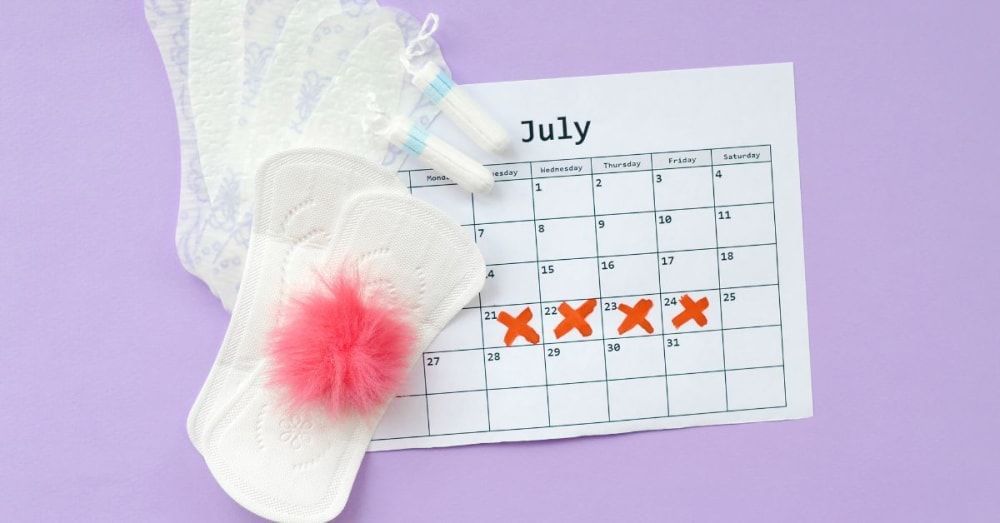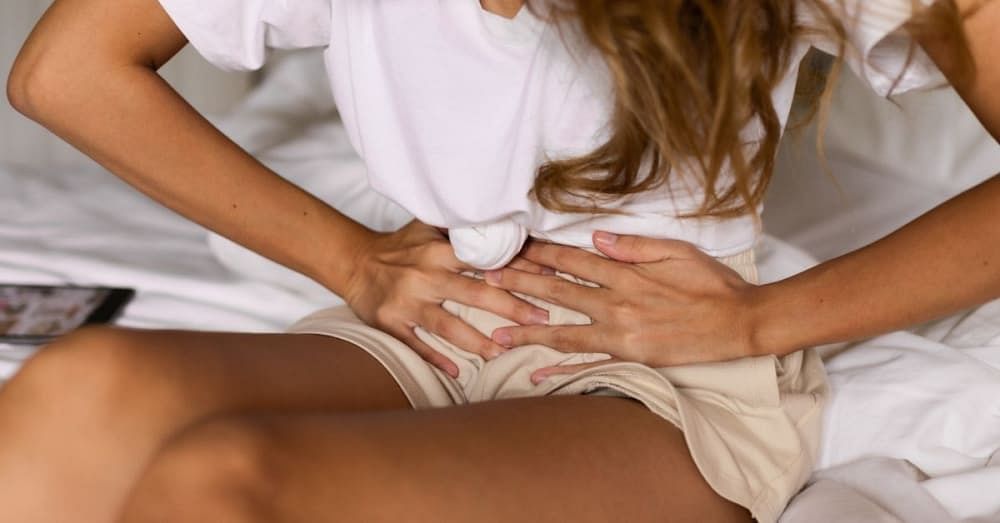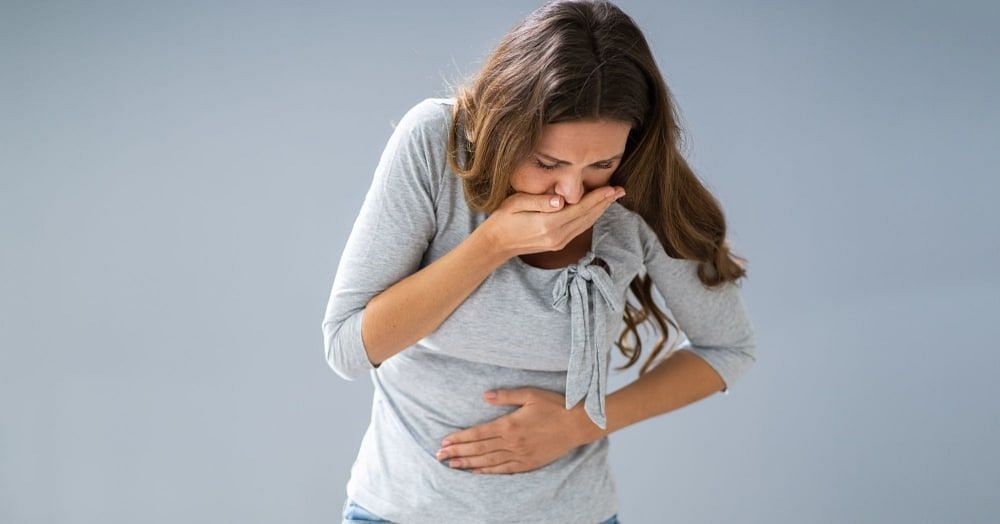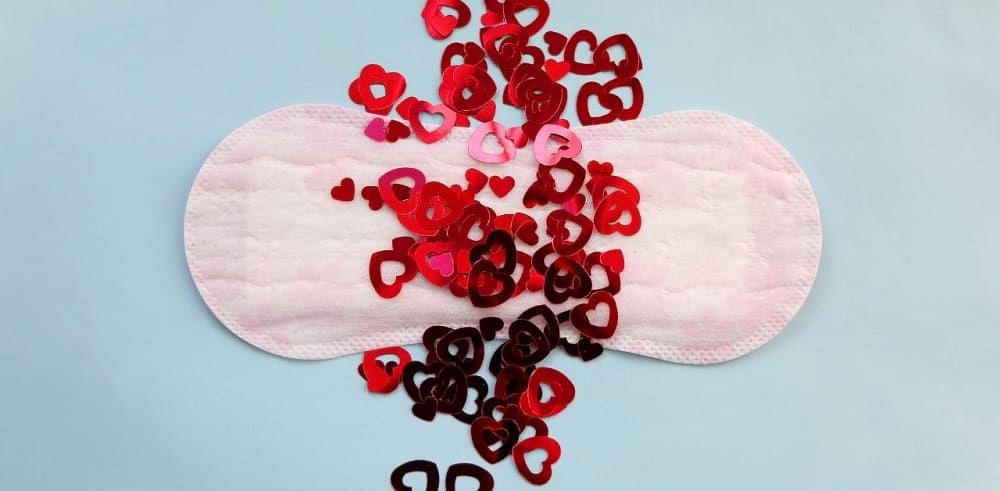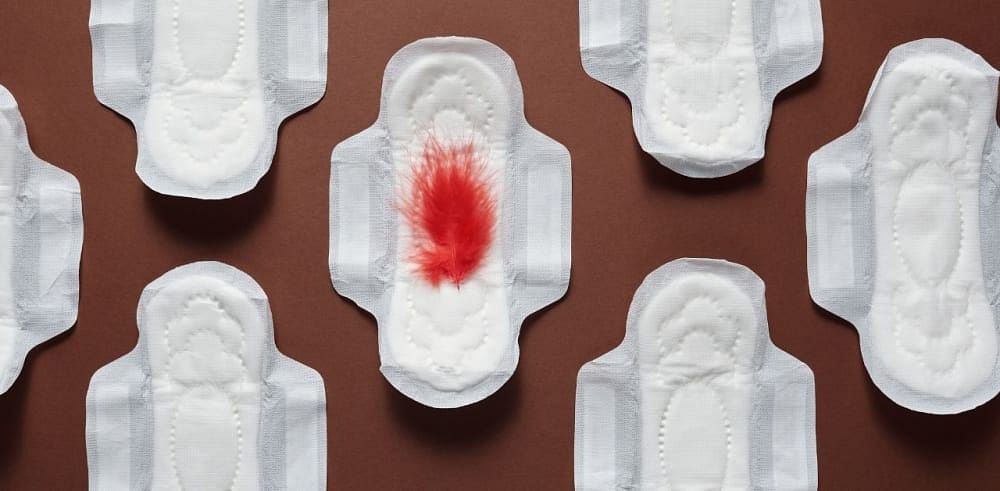Side Effects of Taking Medicine During Periods
Many women prefer taking small doses of painkillers to ease their menstrual cramps. However, it is best to avoid taking medicines during your period as it can affect your body’s functioning.
While it is alright to consume mild medication, stronger doses can have major side effects. Let’s take a look at the side effects of taking medicine during periods.
1. Constipation
Periods bring cramps, diarrhoea, and a whole barrage of issues. Taking too many painkillers during your period could lead to constipation too. This is because pain medication contains opioids which slow down the movement of stool through your bowel. This results in your bowel taking more water out and your stool becoming harder, drier, and difficult to pass.
2. Acid reflux
Painkillers often give the consumer acid reflux. This is because painkillers increase the production of acid in the stomach. It can also stop the formation of prostaglandins that are required to protect your digestive tract.
3. Nausea and vomiting
It is quite common to feel pukish during your period and even throw up. However, too many medicines during your period may make you feel even more nauseated and result in vomiting.

4. Stomach pain
Whether you have your period or not, taking too many pills leads to stomach pain or discomfort. This is because painkillers either coat or irritate your stomach lining, causing pain.
5. Chest tightening or irregular heartbeat
Some medicines can make you feel like your chest is constricting. It can also lead to a temporary irregular heartbeat.
6. Dizziness
Feeling dizzy during your period is quite possible. Pair this with medication, and you might feel worse. Strong medication can lead to a sudden drop in blood pressure, blood sugar, or that can trigger dizziness.
7. Diarrhoea
Period poops might get worse with medication. Many medicines end up upsetting your stomach and leading to diarrhoea. This is not something you want to experience, especially during your period.
8. Stomach ulcers
Too many medicines during your period can lead to the formation of an ulcer on your stomach or small intestine. This is often very painful and could even bleed. This dangerous situation may land you up in the hospital.
9. Drowsiness
Strong medication can lead to feelings of drowsiness. This is not helpful, especially if you are working and need to have your wits about you.

10. Decreased Appetite
Considering the cramps, nausea, and general discomfort during your periods, it's best to avoid anything that can decrease your appetite. Strong medicines can affect your stomach lining and dehydrate you, making it difficult to want to eat food.
Other less common side effects of taking medicine during periods include:
11. Increased thickness of lung secretions
12. Abnormal liver function
13. Acute liver failure
14. Damage to the liver and inflammation
15. Decreased Blood Platelets
16. Low levels of white blood cells
17. Very low levels of granulocytes (a type of white blood cell)
18. Low levels of neutrophils (a type of white blood cell)
19. A blood disorder
20. Vocal cord swelling
21. Inflammation of the skin or allergy
22. Toxic epidermal necrolysis (a skin disorder affecting large areas with blistering and peeling skin)
23. Stevens-Johnson syndrome (a skin disorder affecting smaller areas with blistering and peeling skin)
24. Angioedema (a type of allergic reaction)
25. Maculopapular rash (a type of bumpy skin rash)
26. Acute generalised exanthematous pustulosis (A type of skin disorder)
27. Erythema or redness of the skin or mucous membrane
28. Hives
29. Skin rash
30. Blurred vision
31. A change in vision
32. Ringing in the ears
33. Dryness of the nose
34. Confusion
35. Over excitement
36. Nightmares
37. Dry mouth
38. Throat dryness
39. Dizziness
40. Increased sensitivity of the skin to the sun
41. Excessive sweating
42. Difficult or painful urination
43. Nervousness
44. Fast heartbeat
Pain killers and other medications can have adverse effects on our bodies. We never know how our body will react to such medication during our periods. Hence, it is best to avoid taking medicines during periods and to rely on natural solutions and home remedies. However, if you are in immense pain, you can take a painkiller as advised by your doctor.
Home Remedies for Period Pain
It’s best to avoid medicines if you don’t wish to experience any side effects of taking medicine during periods. Here are some of the best natural solutions you can consider instead of medications:
1. Hot Compress
Use a hot water bag, an electric heating pad or hot water poured into a glass bottle on your pelvic area. This will help ease abdominal cramping and pain by relaxing the tightness in the muscles.
2. Hydration
Bloating makes cramps feel worse. Ensure you drink lots of water so you can avoid bloating and pain. Drinking hot water or other hot beverages can relax your muscles and ease uterine contractions.
3. Exercise
Exercise helps to warm up your muscles and ease cramping. It also releases endorphins, which can help you feel better overall. It seems strange to exercise during your period, but some exercises such as light cardio, yoga, or pilates can help relieve cramps.
4. Massage
Massages help improve blood flow in the body and release the muscles' tightness. This helps to ease discomfort and painful cramping.
5. Herbal Tea
Ginger or fennel tea is great for managing period pain. Both ingredients contain anti-inflammatory properties and antispasmodic compounds, which ease muscle spasms in the uterus. Overall, this helps stop cramping.
References
- MENSTRUAL RELIEF Side Effects by Likelihood and Severity - https://www.webmd.com/drugs/2/drug-57774/menstrual-pain-relief-oral/details/list-sideeffects
- Mayo Clinic, Menstrual cramps - https://www.mayoclinic.org/diseases-conditions/menstrual-cramps/diagnosis-treatment/drc-20374944




